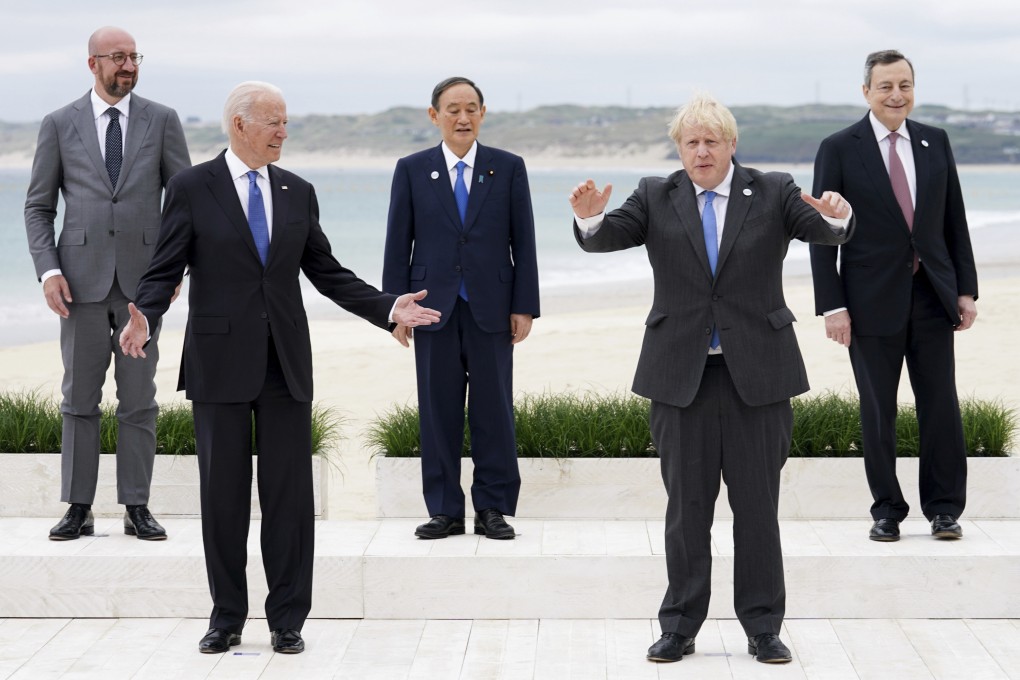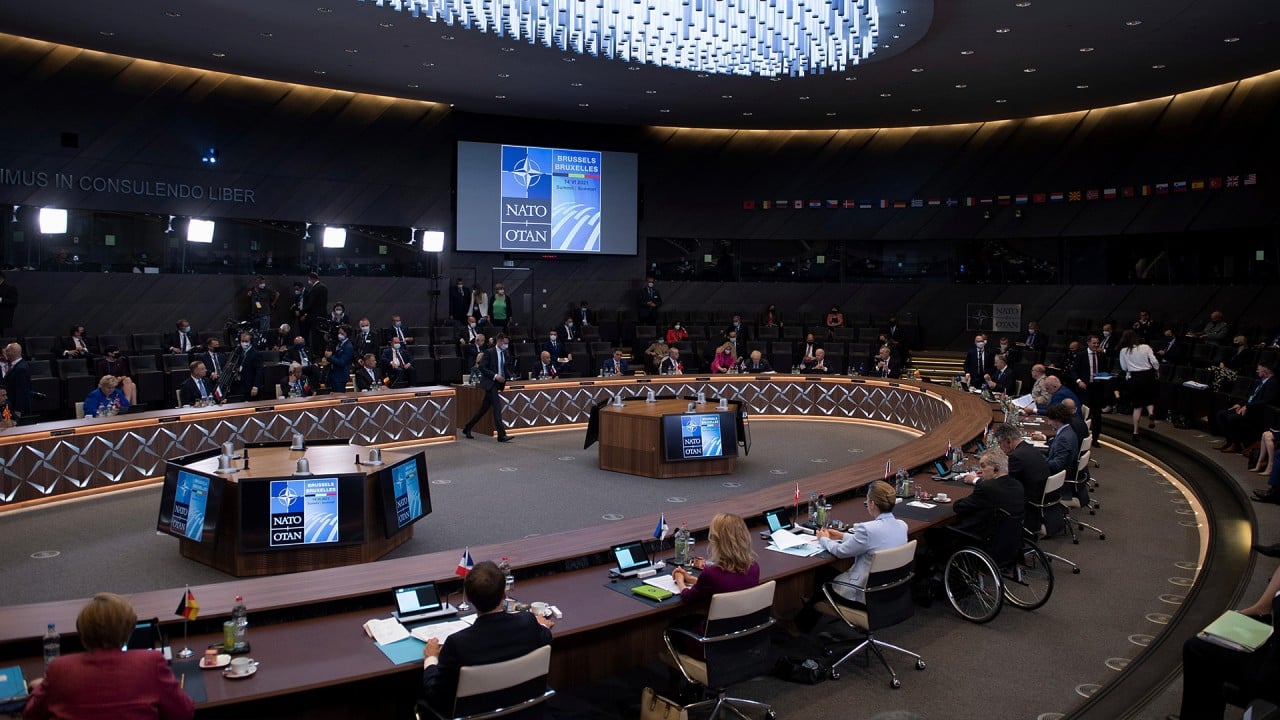Explainer | What is the G7’s global minimum tax, and how could it affect China?
- The global minimum tax rate aims to clamp down on tax evasion and prevent countries competing by offering lower taxes to attract multinationals
- Beijing has not released an official position on the reform, but Hong Kong has acknowledged changes to the global tax regime might restrain the city

Years in the making, the deal means global businesses such as Google, Apple and Amazon will pay more tax in the markets they sell goods and services, and prevent multinationals shifting profits to jurisdictions where they pay little or no tax.
But before it can be implemented, there are still a number of hurdles to clear, including getting the 139 nations under the aegis of the Organisation for Economic Co-Operation and Development (OECD) on board.
The deal between the United States and its G7 partners Britain, France, Japan, Italy, Germany and Canada will go to finance ministers from the Group of 20 (G20) nations, including China, for support in July. Ahead of the meeting, here are some of the issues concerning the global tax and its application.
How would a global minimum tax work?
The global minimum corporate tax rate aims to clamp down on tax evasion and prevent what US Treasury Secretary Janet Yellen called a “race to the bottom on corporate taxes”.
